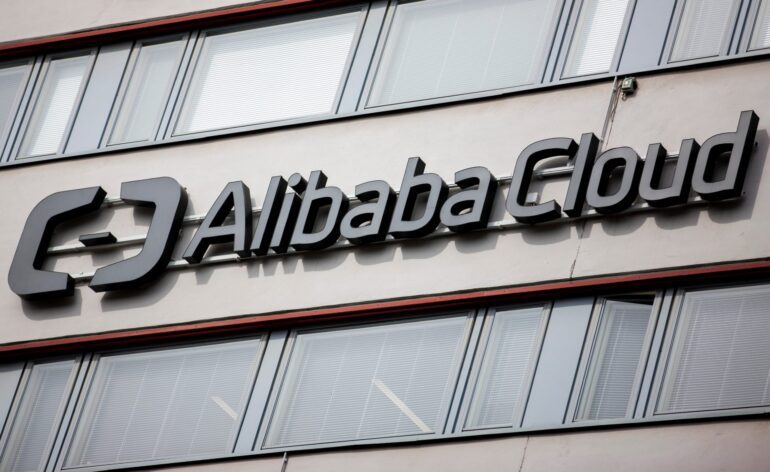TL;DR:
- Meta’s CEO, Mark Zuckerberg, reveals that while most businesses can access Llama 2 AI model without a license fee, tech giants leveraging it for proprietary AI products must pay for the data.
- Microsoft is the main distribution channel for Llama 2, with support from AWS and other platforms, expanding its reach to the enterprise space.
- Though developers can build applications using Llama 2 without a licensing fee, they must agree to Meta’s terms and conditions.
- Tech giants like Microsoft, Amazon, and Google need to negotiate separate deals with Meta to fully incorporate Llama 2 into their services and share revenue with the company.
- Alibaba Cloud becomes the first to offer Llama 2 training and deployment solutions in China, broadening possibilities for developers.
Main AI News:
In a groundbreaking move during Meta’s quarterly earnings call, CEO Mark Zuckerberg unveiled the revolutionary Llama 2 generative AI model, poised to redefine the landscape for businesses. This cutting-edge technology, while initially touted as license fee-free for most companies, comes with a twist for tech giants eager to harness its power for their own proprietary generative AI products. Meta has announced that these industry behemoths will now have to pay for the privilege of accessing the invaluable Llama 2 data.
Llama 2, a significant upgrade over its predecessor, is not merely confined to the realm of research. It has set its sights on conquering the universal market, with a particular focus on the enterprise space. In this endeavor, Microsoft, Meta’s esteemed “preferred partner,” has taken the lead in distributing Llama 2, backed by support from AWS, Hugging Face, and other influential platforms. Developers utilizing Microsoft’s Azure model library can now build transformative applications using Llama 2 without an upfront licensing fee, provided they adhere to Meta’s terms and conditions. However, as Zuckerberg divulged, there are undisclosed caveats to the so-called “free” access, driven by Meta’s pursuit of diverse revenue channels.
For tech giants such as Microsoft, Amazon, and Google, whose intent is to incorporate Llama 2 into their services and resell its power, Meta expects to receive a share of the resulting revenue. Zuckerberg explained that while this may not yield substantial revenue in the short term, the long-term potential is promising.
Notably, Meta’s strategy on costs for major tech brands aligns with its recent game-changing deal with Alibaba, the Chinese tech juggernaut. As Alibaba ventures into its own LLM for generative AI projects, it appears to be seeking a more brand-agnostic approach, opening doors to diverse possibilities for its ventures.
Indeed, Alibaba Cloud has taken the lead in China, becoming the first to offer a comprehensive training and deployment solution for the entire suite of Llama 2. The WeChat announcement reads, “All developers are welcome to create customized large models on Alibaba Cloud,” setting the stage for an exciting chapter of AI advancements in the Chinese market.
Conclusion:
The introduction of Meta’s Llama 2 AI model, with varied access conditions for businesses and tech giants, marks a significant shift in the generative AI landscape. While businesses benefit from the model’s license fee-free access, tech giants face additional costs for utilizing Llama 2 in their proprietary products and services. As Microsoft takes the lead in distribution and Alibaba Cloud pioneers its implementation in China, the market dynamics are likely to witness intensified competition among tech giants for AI supremacy. The evolving landscape calls for strategic partnerships and innovative approaches to navigate this emerging market.

